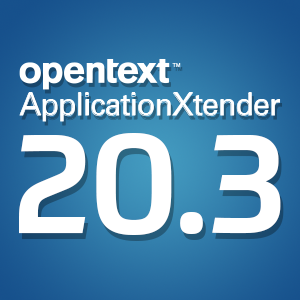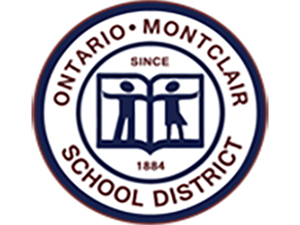Paperless classroom concept building momentum
Wednesday, October 23, 2013As recently as just a couple of years ago, the idea of a paperless classroom was inconceivable. Schools rapidly integrated desktop computers into students' daily workflows when the market for these machines reached a point where it was financially viable for such institutions to do so – and, to some extent, the same phenomenon occurred with laptops a few years later. However, neither of these forms of technology was all-encompassing enough to warrant the complete replacement of basic educational resources like pens, paper and textbooks.
However, the advent of a certain type of mobile device – tablets – has proven to be a real game-changer within the educational sphere. An increasing number of schools are eschewing age-old writing and note-taking implements in favor of integrating mobile technology for students and teachers.
Brave new world
Through leveraging a mix of scanning hardware and paper conversion services, among other solutions, many educational institutions were able to kick off the current school year by getting pupils and staff acquainted with tablets, rather than distributing shopping lists that included paper-based items as they likely did to prepare for previous years. By and large, these schools have found success with paperless or partially paperless processes, prompting their less cutting-edge counterparts to look into how document conversion services and the latest tablet devices could potentially benefit them.
Such is the case with Oxford Area High School in Chester County, Penn., The Daily Local News reported. By the start of 2014, all 350 students at Oxford will be issued iPads, beginning with the freshman class, according to the school's principal, Christopher Dormer.
"We want to put kids in a situation where they can learn more effectively, faster and it seemed like the parents want to meet us there and help their kids have a better educational experience," Dormer said during a recent meeting at which he explained the upcoming developments to parents, as quoted by the news source.
Parental support for going paperless
Parents, for the most part, seemed to be on board with the new initiative.
"I think it's needed," said one mother, Maureen Walsh, as cited by the media outlet. "I think it's their world. I think that's the way they live no matter what."
School board member Dominic Pirocchi, a former member of the school district's technology department, noted that the idea of paperless education was by no means a brand new one for the high school, but it took until now to get all the logistical requirements into alignment and turn the goal of going paperless into a concrete reality.
"One initiative was discussed five or six years ago," Pirocchi said, according to the source. "It was always a matter of expense. Now there is a device that is so light that is under $500, and it is so versatile – it just didn't exist back then."
The obvious advantage of replacing textbooks with tablets involves the negation of any fees associated with the former, but there's a less obvious benefit, too – equipping students with mobile devices relieves their dependence on desktop and laptop computers, which means the school can expect to spend less on these types of technology going forward.
That said, the switch to a paperless system won't happen overnight – something school board member Joe Scheese was careful to point out at the meeting.
"We are still going to have some textbooks for a period of time," he said, as quoted by the source. "It's probably going to take four years to purge the textbooks completely."
Brought to you by Image One Corporation, providing complete information governance since 1994.




